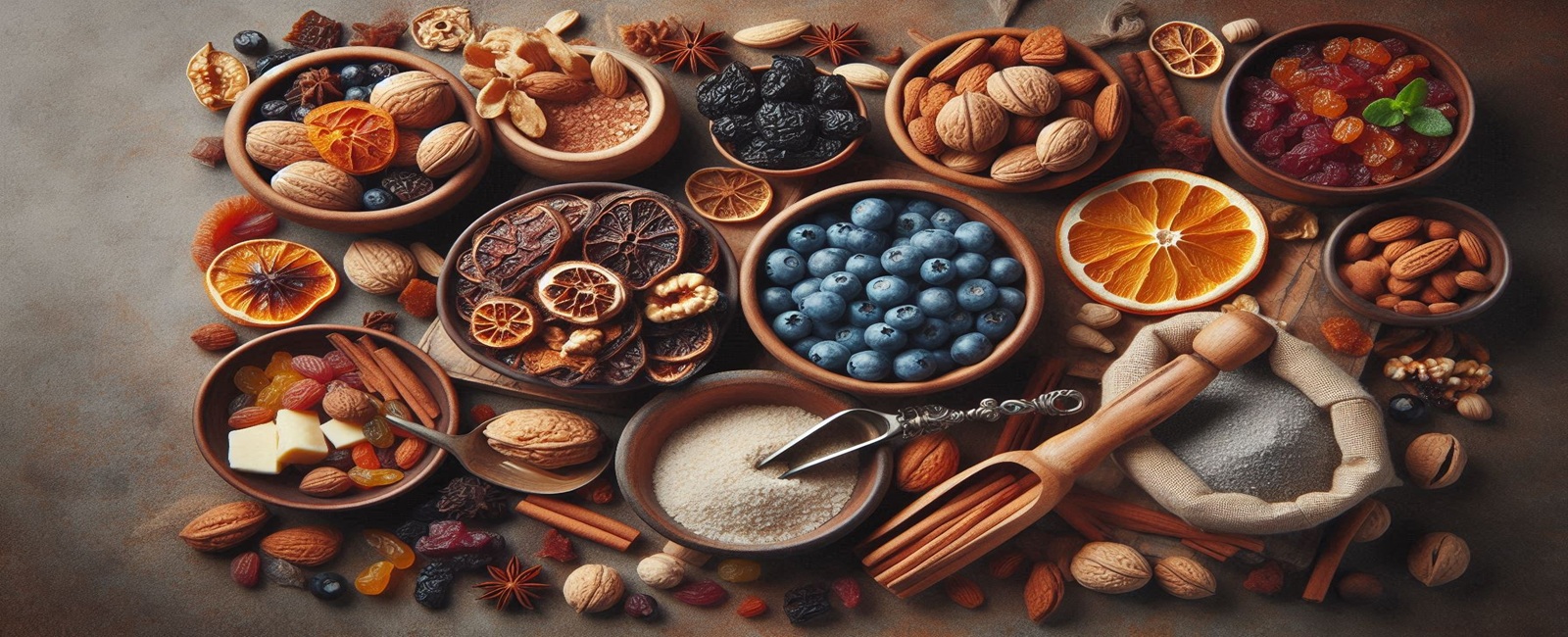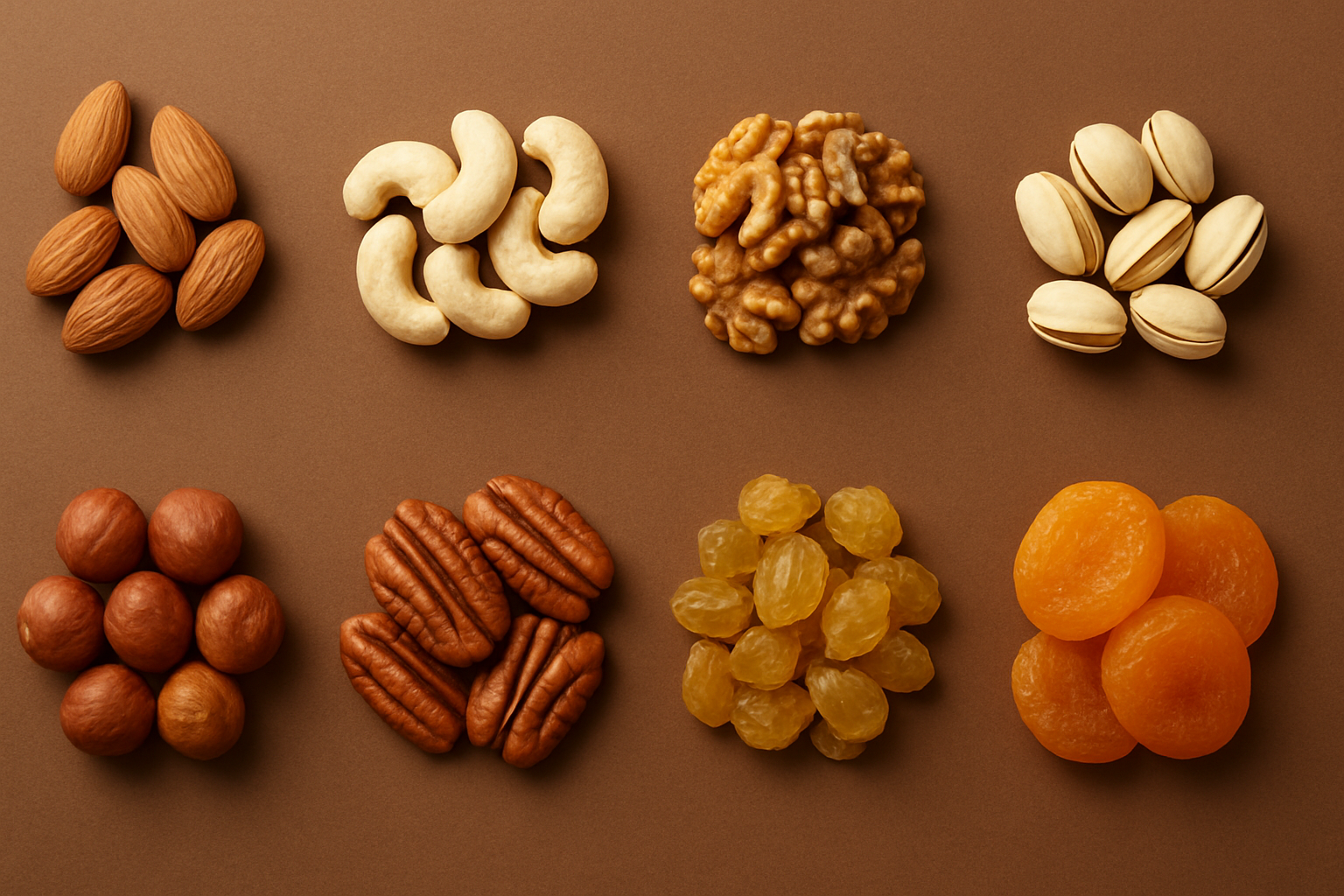1. Introduction
Gaining weight is often overlooked in the world of health and fitness, where losing weight tends to dominate the spotlight. However, being underweight can pose serious health challenges, just like being overweight. It can result in weakened immunity, reduced muscle strength, fatigue, and even hormonal imbalances. Whether you’re aiming to build muscle, recover from illness, or simply reach a healthier body weight, this guide is tailored to provide you with scientifically backed, actionable strategies for effective and healthy weight gain.
2. Understanding the Science of Weight Gain
At the heart of gaining weight lies the concept of energy balance: when the number of calories consumed exceeds the number of calories burned, the surplus is stored in the body as muscle or fat. However, thequalityof calories consumed plays a significant role. Instead of gaining fat through processed foods and sugars, a strategic intake of nutrient-dense, whole foods can lead to a healthy increase in lean body mass. Understanding how your metabolism functions and what your body needs daily is critical to avoid excess fat accumulation and ensure sustainable growth.
3. Are You Underweight?
To determine if you’re underweight, the Body Mass Index (BMI) is a common tool. It considers your weight in relation to your height and categorizes individuals into various ranges. A BMI below 18.5 typically signals underweight status. However, BMI is not always a perfect indicator — athletes, for instance, may have a low BMI but high muscle mass. Therefore, other factors like energy levels, hormonal health, and body composition should also be taken into account. Consulting a healthcare professional for a comprehensive assessment is advisable.
4. Causes of Being Underweight
Several factors can contribute to being underweight. Genetics often play a role, with some individuals naturally having a higher metabolism. Medical conditions such as hyperthyroidism, type 1 diabetes, gastrointestinal disorders (like Crohn’s or celiac disease), and chronic infections can impair nutrient absorption or increase caloric expenditure. Mental health conditions such as depression, anxiety, or eating disorders can also drastically affect appetite and eating habits. Identifying the underlying cause is the first step toward effective treatment and healthy weight restoration.
5. Setting Realistic Goals
Like any health endeavour, setting achievable and measurable goals is essential. Rapid weight gain might seem appealing but can lead to fat accumulation and health complications. A healthy goal is to gain around 0.5–1 kg (1–2 pounds) per week. Setting specific goals related to muscle gain, strength levels, or clothing fit can provide better motivation than just watching the scale. Regularly tracking progress ensures you’re on the right path and can adjust your plan as needed.
6. Caloric Surplus: The Golden Rule
A caloric surplus means eating more calories than your body uses in a day. This surplus is the foundation of weight gain. Start by calculating your Total Daily Energy Expenditure (TDEE), which includes your Basal Metabolic Rate (BMR) and your physical activity level. Adding 300–500 calories above this number is ideal for steady gain. For faster gain, consider a surplus of 700–1000 calories. However, quality is crucial — aim to obtain these extra calories from nutrient-rich foods rather than sugar-laden or highly processed sources.
7. Nutrient-Dense Foods Over Empty Calories
It’s tempting to rely on fast food and sugary treats for rapid calorie intake, but this approach can damage your metabolic health and lead to unwanted fat gain. Nutrient-dense foods provide essential vitamins, minerals, and phytonutrients while also offering a caloric punch. Examples include whole grains, full-fat dairy, nuts and seeds, fatty fish, lean meats, and starchy vegetables. Including a variety of these in your meals ensures that your body gets everything it needs to grow stronger and healthier.
8. Macronutrient Breakdown
A balanced intake of proteins, carbohydrates, and fats is critical to weight gain.
- Proteins(1.6–2.2g/kg body weight): Essential for building and repairing muscle tissue. Good sources include eggs, lean meat, dairy, tofu, and legumes.
- Carbohydrates: Your body’s primary energy source. Prioritize complex carbs such as brown rice, oats, quinoa, and sweet potatoes to fuel workouts and muscle growth.
- Fats(20–35% of total intake): Important for hormone regulation and cell structure. Include avocados, olive oil, ghee, nuts, and seeds in your diet.
Each macronutrient plays a vital role, and neglecting any of them can hinder progress.
9. Meal Frequency and Timing
Eating larger meals may be challenging for underweight individuals due to limited appetite. To combat this, increase the frequency of meals rather than the size. Aim to eat every 2–3 hours — including 3 main meals and 2–3 high-calorie snacks. Meal timing can also enhance results: eat protein-rich meals post-workout for muscle repair and a slow-digesting snack (like cottage cheese) before bed to support overnight muscle recovery and reduce catabolism.
10. Best Foods for Weight Gain
High-calorie, nutrient-dense foods can significantly support your weight gain goals. Some top choices include:
- Nut Butters: Rich in protein and healthy fats
- Whole Milk & Yogurt: High in calories and calcium
- Dried Fruits: Calorie-packed and rich in antioxidants
- Avocados: Loaded with healthy fats
- Red Meats: Provide protein, iron, and creatine
- Starches: Sweet potatoes, quinoa, whole grain pasta
- Smoothies: Blend bananas, oats, milk, peanut butter, and whey protein for a calorie-dense drink
These foods offer a mix of macronutrients and keep your body nourished while promoting weight gain.
11. Supplements (Optional)
While whole foods should be your primary source of nutrients, supplements can help bridge dietary gaps:
- Whey Protein: Convenient and fast-digesting source of protein
- Creatine Monohydrate: Enhances strength and water retention in muscles
- Mass Gainers: High-calorie powders for those struggling to meet caloric goals
- Multivitamins: Ensure you’re not deficient in any critical micronutrients
Always consult with a healthcare provider or registered dietitian before beginning any supplement regimen.
12. Strength Training: Build Muscle, Not Fat
Exercise plays a crucial role in determining whether your weight gain will result in fat or muscle. Focus on resistance training 3–5 times a week:
- Compound Exercises: Squats, deadlifts, presses, and pull-ups work multiple muscle groups
- Progressive Overload: Gradually increase the weights to stimulate muscle growth
- Recovery: Allow 48 hours between working the same muscle group
Avoid excessive cardio, which can burn calories that you need for mass building.
13. Avoiding Common Mistakes
Many people fail to gain weight due to common missteps:
- Skipping meals or forgetting to snack
- Eating nutrient-poor, high-sugar foods
- Not lifting weights or overdoing cardio
- Being inconsistent with eating habits
- Neglecting sleep and recovery
Identifying and correcting these mistakes can dramatically improve your results.
14. Hydration Matters
Water is vital to every physiological process, including digestion and muscle function. Muscles are largely composed of water, and dehydration can negatively affect performance, energy levels, and recovery. Aim for 2–3 liters per day, or more if you’re active. Including electrolyte-rich beverages like coconut water can be helpful post-workout.
15. Lifestyle & Sleep
Your lifestyle significantly influences your weight gain efforts. Aim for 7–9 hours of sleep each night, as this is when your body repairs and builds muscle tissue. Managing stress is also critical, as chronic stress elevates cortisol levels, which can impair muscle growth and appetite. Establish a consistent routine for eating, sleeping, and working out.
16. Weight Gain for Different Age Groups
- Children & Teens: Need calorie-dense meals and nutrient-rich snacks to support growth.
- Adults: Should focus on balanced meals, strength training, and consistent habits.
- Elderly: Often need easier-to-digest, high-calorie foods and resistance training to combat muscle loss.
Tailor your weight gain approach based on age-related metabolic and physical changes.
17. Vegetarian and Vegan Options
Plant-based diets can support healthy weight gain with thoughtful planning. Include:
- Legumes: Lentils, chickpeas, black beans
- Grains: Quinoa, amaranth, oats
- Meat Alternatives: Tofu, tempeh, seitan
- Nuts & Seeds: Almonds, sunflower seeds, tahini
- Healthy Fats: Coconut oil, avocado, flaxseed oil
Focus on variety to ensure adequate intake of all essential amino acids and micronutrients.
18. Sample Meal Plan for Healthy Weight Gain
Here is a day’s worth of meals designed for healthy mass gain:
- Breakfast: Scrambled eggs with cheese, whole grain toast, avocado, orange juice
- Snack: Banana with peanut butter and a protein shake
- Lunch: Grilled chicken with quinoa, roasted vegetables, Greek yogurt
- Snack: Trail mix with dried fruits and dark chocolate
- Dinner: Salmon with brown rice, spinach sautéed in olive oil
- Before Bed: Cottage cheese with berries and honey
This plan ensures a balance of protein, carbs, fats, and essential vitamins.
19. Tracking Progress
Monitoring your progress keeps you accountable. Track:
- Weight: Weekly measurements
- Body Measurements: Chest, arms, waist, hips
- Photos: Monthly progress pictures
- Strength: Log your lifts to assess gym performance
Use apps or journals to help visualize improvements over time.
20. When to See a Doctor
If you’re not gaining weight despite consistent efforts or suspect an underlying health issue, seek medical advice. You may need testing for:
- Hormonal imbalances
- Digestive disorders
- Metabolic issues
Working with a doctor, dietitian, or endocrinologist can uncover hidden barriers and create a tailored plan.
21. Mental Health and Appetite
Mental health can greatly affect eating habits. Depression, anxiety, and stress can suppress appetite and motivation. Practice mindfulness, consider therapy, and create a positive environment for eating. Eating in social settings and using appetite-stimulating herbs like ginger or peppermint can also help increase intake.
22. Special Considerations
Certain life phases or conditions require tailored strategies:
- Post-surgery recovery: Focus on protein-rich, easy-to-digest foods
- Athletes: Need higher carb and protein intake to match training load
- People with digestive issues: May need low-FODMAP or gluten-free options
Adjust your plan to suit your unique situation for best results.
23. Myths About Weight Gain
Let’s bust some common myths:
- “Eat anything and everything”– No. Quality still matters.
- “Supplements will do the job”– Only if your diet is solid.
- “Carbs are bad”– Not true. Carbs are essential for energy and muscle gain.
- “You can’t gain muscle without fat”– With proper training and nutrition, lean muscle gain is achievable.
Avoiding misinformation helps you stay focused and effective.
24. Final Thoughts
Healthy weight gain isn’t just about eating more — it’s about eatingsmart, trainingeffectively, and livingintentionally. With the right balance of calories, macronutrients, exercise, and recovery, you can transform your body and achieve long-term health and strength. Be patient with your journey, stay consistent, and remember that every small step forward adds up over time.



